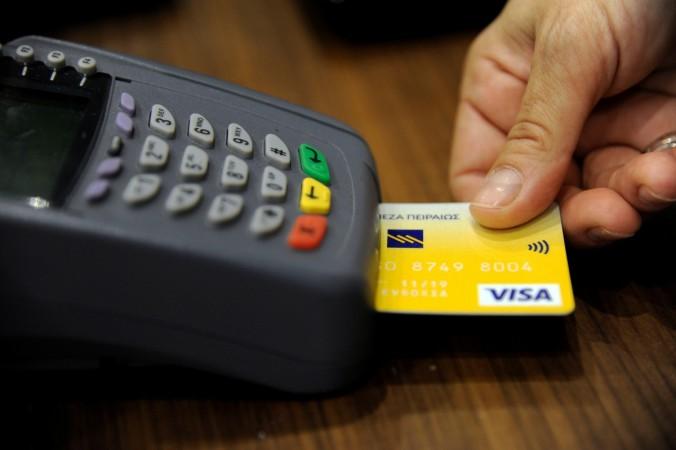
What do Getty photographers and Airbnb hosts in India have in common? They both get paid thanks to Payoneer, a b2b payment service that allows users to easily transact with clients and customers across borders using their personal bank accounts. Payoneer has now made its foray into the Indian market.
What makes Payoneer different is that the service doesn't play with transactions taking place within the country. Payoneer's area of expertise is shared by banks and PayPal and, according to Payoneer, they're cheaper and more flexible.
In an interview with International Business Times, India, Payoneer CEO Scott Galit explained the reason behind the company entering the Indian market: "India, in particular, is ready to succeed on a massive scale. For several generations now, India has been investing in education and producing a very intelligent, highly trained and technically savvy work force. As a result, the middle class has started growing quickly. Now with the Internet, access to global markets is virtually unrestricted, so entrepreneurs in India are well poised to succeed."
Galit believes that professionals in India have tremendous scope working with international clients. Technology and internet are empowering individuals and small businesses to take on bigger fish. "If you have knowledge and access to technology, you have the power to pursue global opportunities and participate in the changing world. Nowhere is this change more transformational that in emerging markets," Galit said.
While Payoneer traditionally offers users prepaid cards to withdraw and spend money, the company's India entry reportedly required a business model rebuild. Apparently Indian regulations do not allow the use of prepaid cards. Under the new model, Indian users are allotted US, UK and EU collection account numbers that are linked to their local bank accounts. When the client makes a payment through Payoneer, the money is deposited into the user's personal bank account directly.
"This [setting up operations in India] was no easy feat – it was crucial that we follow not only the letter of the law, but also its spirit," Galit said. "In order to create a product that would meet regulatory requirements and meet the market's needs, we have built relationships with local partners including banking institutions, law firms, and businesses."
While PayPal and banks seem to be in direct competition with Payoneer, Galit doesn't believe the company has too many competitors, however, according to him, Payoneer's fees are over 70% lower than those of PayPal.
Galit says getting paid, after accessing clients across the globe, is the Indian entrepreneur's biggest obstacle. "There are regulations to consider, not to mention currency conversion headaches, and slow delivery of funds. That's where Payoneer comes in. Payoneer makes it easy, fast and cost-effective to get paid by your clients and marketplaces worldwide in multiple currencies and then get the funds delivered to your local bank account in local currency," Galit added.

















